Co-Directors
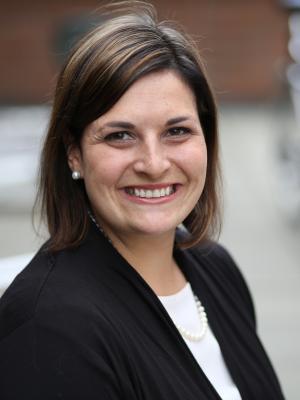
Nicole Errett, PhD, MSPH
Dr. Errett is a disaster researcher, public health policy analyst and faculty member in the University of Washington’s Department of Environmental and Occupational Health Sciences. She has over 10 years of experience working on public health emergency preparedness and management in local, state, federal government and academia. Her community relevant, translatable research focuses on the use of public policy to enhance health outcomes during and after a disaster.
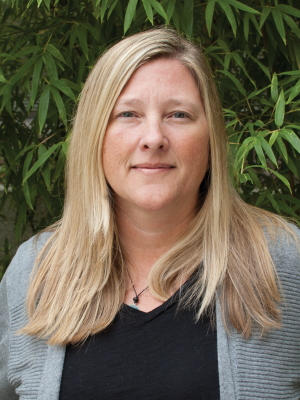
Tania Busch Isaksen, PhD, MPH
Dr. Busch Isaksen is an exposure scientist and faculty member in the University of Washington’s Department of Environmental and Occupational Health Sciences. She has over 30 years of environmental public health experience working in public, private and academic settings. She maintains an active, practice-based research portfolio focused on measuring impacts from extreme heat on health outcomes, climate change risk communication methods, and public health adaptation planning and response.
Staff
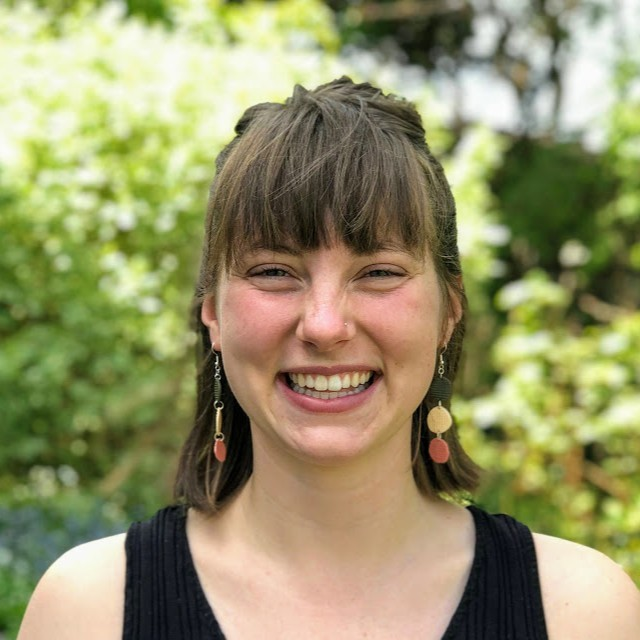
Naomi Cutler, MS, Research Coordinator
Naomi Cutler joined the Errett Research Group in 2024 as a Research Coordinator. She has a BA in History from Middlebury College and an MS in Behavior, Education, and Communication, and Geospatial Data Sciences from the University of Michigan’s School for Environment and Sustainability. Her interests lie in how communication methods, particularly visual and spatial tools, can support communities in self-determining their futures around climate disasters. Some of her past work includes researching workplace resilience to climate disasters, mapping wildfire risk and vulnerability in Oregon, and monitoring forest health metrics in the Northeast.

Clare McCarthy, MPH, Research Coordinator
Clare McCarthy is a research coordinator with the Center for Disaster Resilient Communities. She earned her MPH from Emory University, where she concentrated on climate and health, primarily studying trends in heat-related illnesses and extreme heat preparedness. She also holds experience in community-engaged research and education, supporting training programs for Atlanta community members in environmental justice and environmental health research. She is passionate about advancing climate justice from the local to international level and volunteers for organizations such as 350 Washington and the Lagos-based Youth Sustainable Development Network.
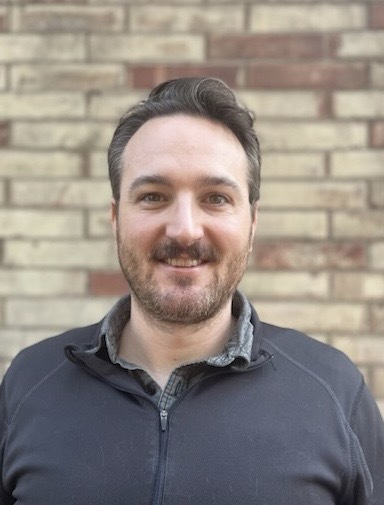
Evan Mix, JD, MPA, Research Scientist
Evan is a public policy researcher and a research scientist for the Collaborative on Extreme Event Resilience. He was previously an attorney. Evan’s research interests include tribal-federal relations and the roles Indigenous communities play in hazard management. He is trained in a variety of quantitative and qualitative research methods, including content analysis, semi-structured interviewing, and assorted statistical data analysis techniques.
Kathleen Moloney, MPH, Research Scientist
Kathleen Moloney is a Research Scientist with the Collaborative on Extreme Event Resilience. Her research interests include the intersections of disasters and social determinants of health, improving the ability of public health practitioners to prepare for, respond to and recover from disasters, and conducting community-engaged disaster research. She has training in a variety of qualitative and quantitative public health research methods and skills, including epidemiology, conducting semi-structured interviews and focus groups, survey administration, and data management and analysis. In addition to her research experience in the hazards and disaster field, she worked as a public health practitioner in disaster response, including as a Disaster Program Specialist with the American Red Cross and Disaster Relief Coordinator with Catholic Charities.

Juliette Randazza, MPH, MPA, Research Coordinator
Juliette is a Research Coordinator with the Errett Research Group. Her educational background is in biology, environmental public health, and public policy and she has training in various qualitative and quantitative research methods including content analysis, survey development, and mapping. Prior to joining ERG, she worked as the Climate and Environmental Justice Research Fellow at a statewide coalition of Black, Indigenous, and People of Color-led groups representing communities hit first and worst by the impacts of disasters and climate change. Her work at this coalition centered on community resilience and the intersections between environmental and climate disasters and economic justice, co-governance, and worker rights. Her work and research interests focus on disaster preparedness and workforce training, extreme heat policy, environmental and climate justice advocacy, and community resilience. Her current work focuses on building community resilience to disasters through technical assistance, community education, co-learning, and co-creation.
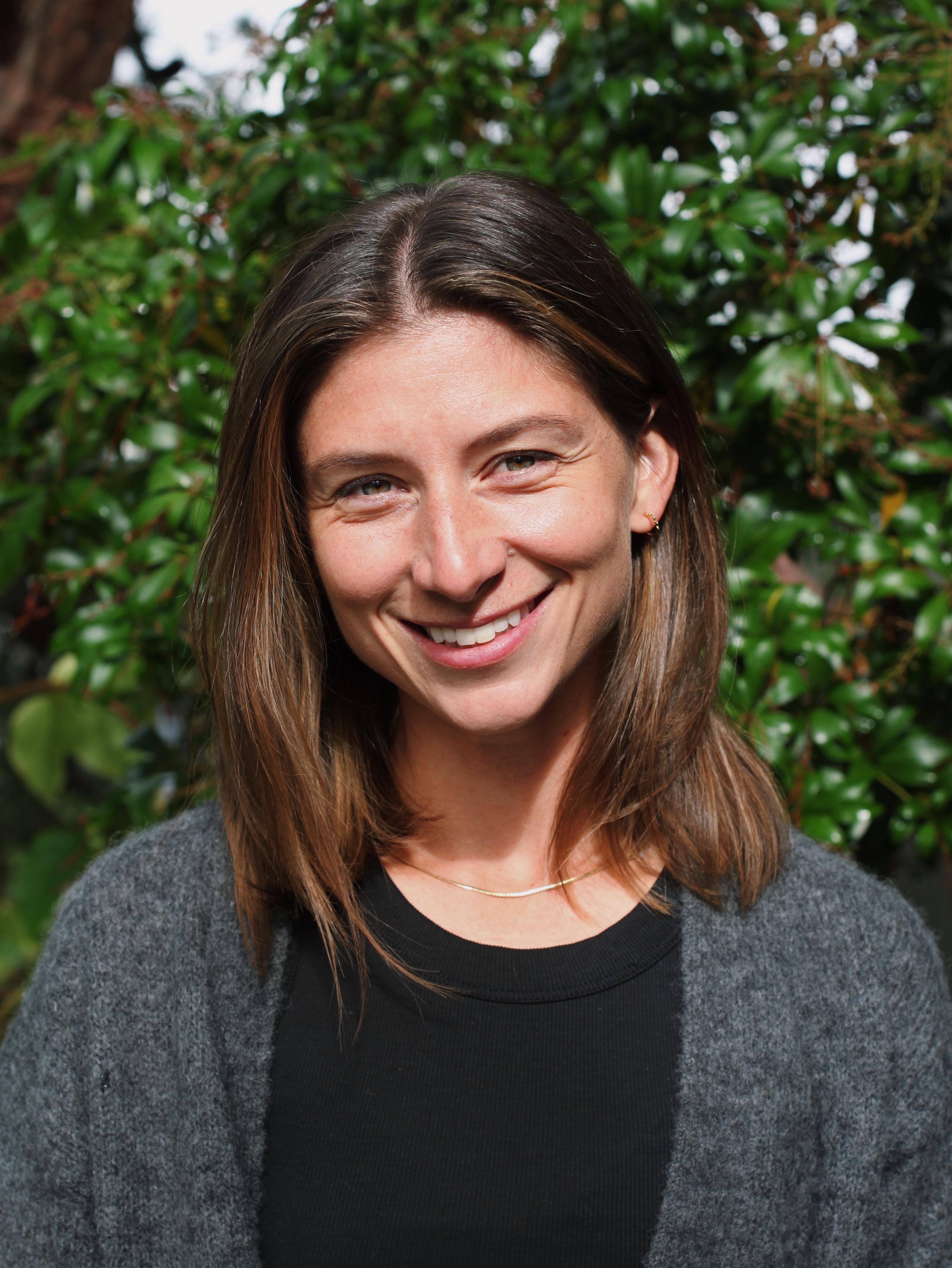
Anna Reed, MPH, Research Coordinator
Anna is a research coordinator with the Collaborative on Extreme Event Resilience. Her research interests include community resilience to climate change, environmental justice, and community-engaged research and policy development. She has training and experience in a variety of public health research methods in qualitative and quantitative data collection and analysis, including conducting semi-structured interviews and focus groups, survey administration, and content analysis. Prior to pursuing her MPH at UW’s Community-Oriented Public Health Practice program, Anna worked in various corners of the food system, including on small farms and in garden and cooking education, where she taught hands-on gardening skills and developed food justice and climate literacy curricula.
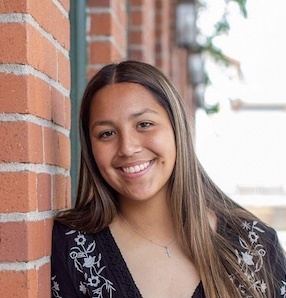
Theresa Sabala, BA, Program Coordinator
Theresa Sabala is a Program Coordinator with the Errett Research Group. She recently graduated from the University of Washington with a focus in Communications and American Indian Studies. Passionate about the intersection between cultural and environmental resilience, Theresa is dedicated to amplifying Indigenous perspectives in addressing public health disparities. Driven by a commitment to health equity and social justice, Theresa's research interests span tribal-federal relations, community engagement-based research, hazard mitigation and data sovereignty, all viewed through the lens of Indigenous worldviews.

Mary Hannah Smith, MCP, AICP, Research Coordinator
Mary Hannah is a research coordinator with the Center for Disaster Resilient Communities (CDRC). She trained as a city planner and is proficient in small group facilitation, GIS, and qualitative research methods like content analysis and focus groups. Her research with CDRC has explored the involvement of public health in adaptation planning initiatives, extreme heat and cold in the Pacific Northwest, climate and health activities in Pacific Island Jurisdictions, and jurisdictional risk assessments among local health jurisdictions in Washington. Her current interests center around extreme weather, climate change adaptation, natural hazard mitigation, and land use.